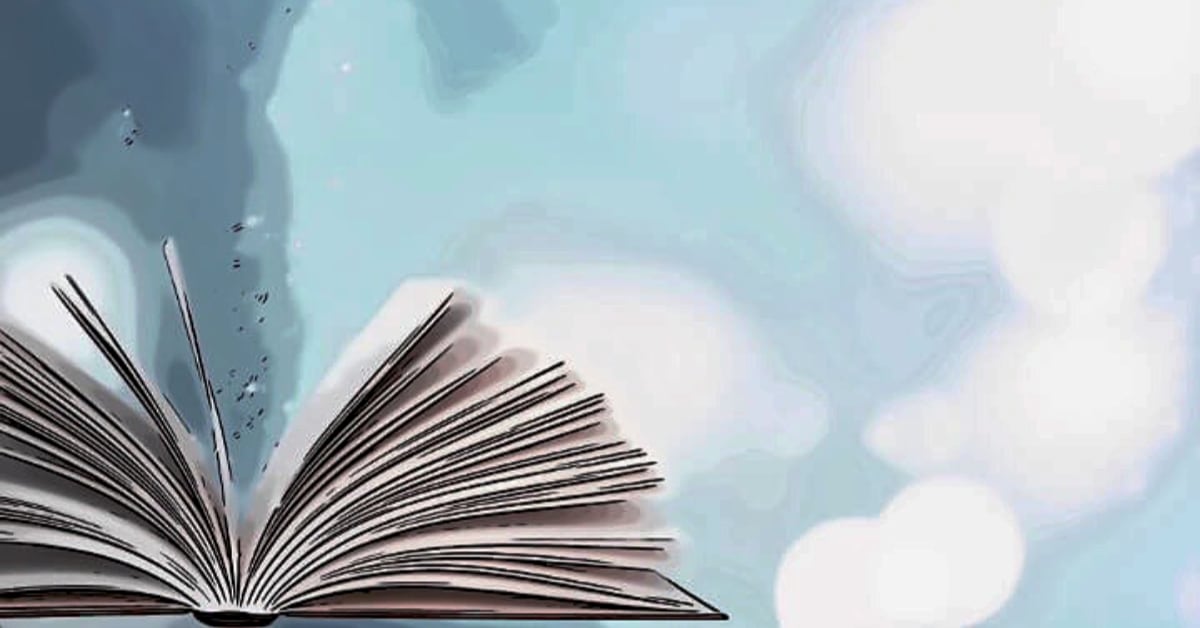translation of imagination
The path with few obstacles likely leads nowhere interesting. The interesting path will be winding, rising, and falling.
Proceed with confidence, pilgrim, for resourcefulness is a bird that sings in the night: either unafraid to announce its presence or ignorant of the dangers.
Traverse by day, lest ye stumble, for nature takes no pity. Yet if thou should travel when it is dark, behold the stars and find patterns of personal meaning.
Take one branch; forgo the other. Every crossroad brings new options for success or new ways to fail.
When investigating the unknown, you do not know what you will find or even when you have found it. Such is the path.
The purpose of the path may be to find purpose along the path. The path you can understand is probably going backward. To ‘live’ backward is ‘evil.’
Prepare for the journey, for necessity never made a good bargain along its route. Bring sensible shoes and frequently check your equipment for flaws. Nature seems to side with the hidden flaw.
Best pack a peanut butter sandwich for sustenance along the path. A peanut butter sandwich is better than nothing and nothing is better than the path.
The path is littered with much that smells bad and is sticky. Try not to step in anything soft.
Pace yourself. Despite what you hear, nothing is as easy as it looks and everything will take longer than you think. Ultimately, nothing is ultimate.
Life is a series of changing scenes with recycled actors, yet the scenery is not itself the path. Regard those you meet along the path as passersby. We are all only passing by.
Know that those you meet advise you in their interest, not yours. Many will be makers, takers, or fakers. Against all these, guard what you share, for what you don’t say can’t hurt you.
Every traveller is eager to tell you a route inevitably circuitous or share a scheme that likewise led but back here.
Proceed with prudence. Almost everything is easier to get into than out of. The cynic is but an honourable person with experience.
Reason alone is not sufficient for finding meaning. One needs to will something to be of value. Find meaning in commitment to that which is of value.
Some will pass a message unknowingly. Content with meaning in your context. Such authoring is insight, finding your message in the bottle of their words or deeds.
Follow the path at its natural speed. Do not hasten the pace or place material between you and the path.
The less there is between you and the environment, the more shall ye appreciate the environment.
Appreciate that the conduct of others brings them satisfaction even if unseen and it may serve a purpose for the locale [obscure text, literal: the worms start multiplying when the chickens stop scratching].
Accept fruit from the trees as you pass, but don’t pick plumbs when hungry. A plumb is but a hydrated prune.
Find comfort in the brook. It slakes thirst, rinses hands, and gives reflection. Yet you’ll never seen your own face; only reflections.
There is no where that you can venture untouched. Maybe the earth on your soles. Maybe the air. But something or other is always pressing upon you.
You can never know for sure whether you feel the same way as somebody else. Can’t even know whether they feel at all, despite writhing or laughing that in you show pain or mirth.
You can never know for sure the limits of your imagination unless you try. Imagine a new colour. Imagine why you can’t imagine it.
( a loose translation )



